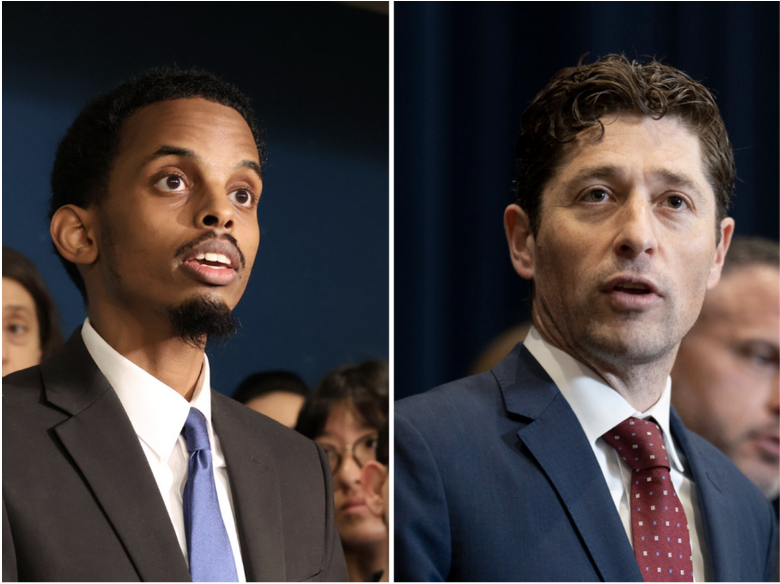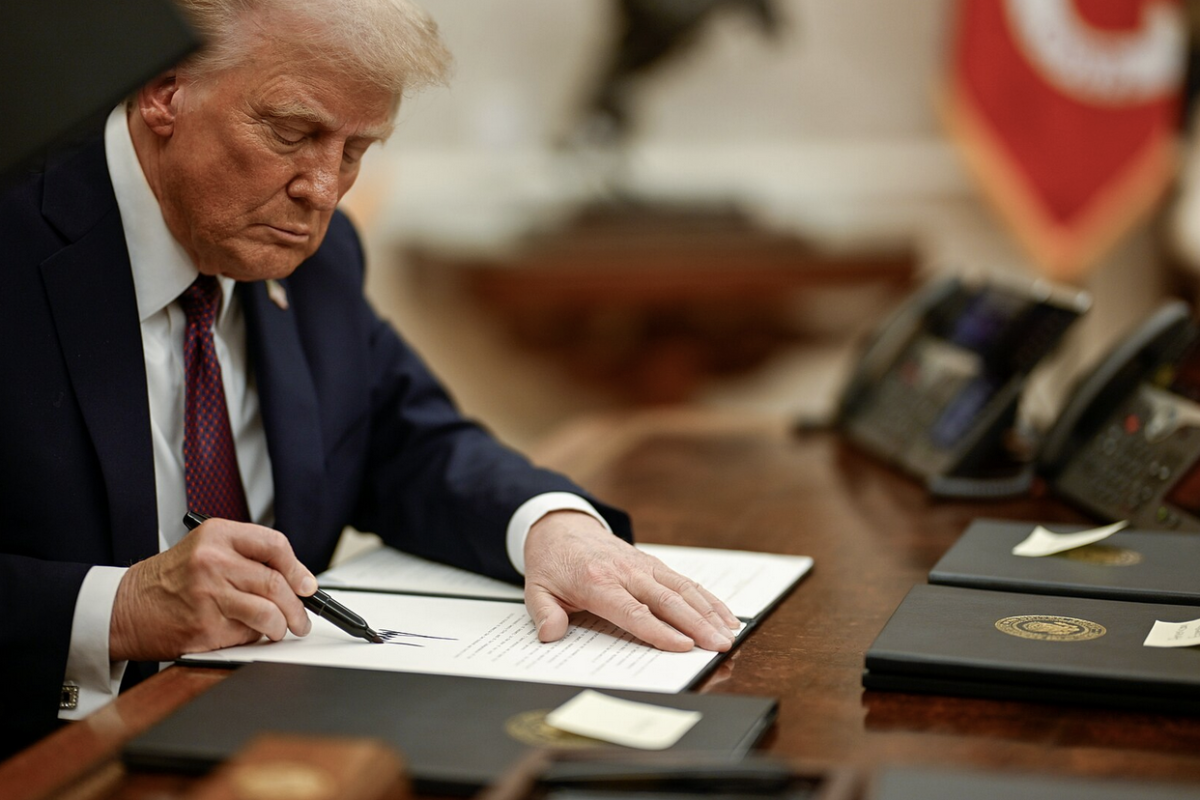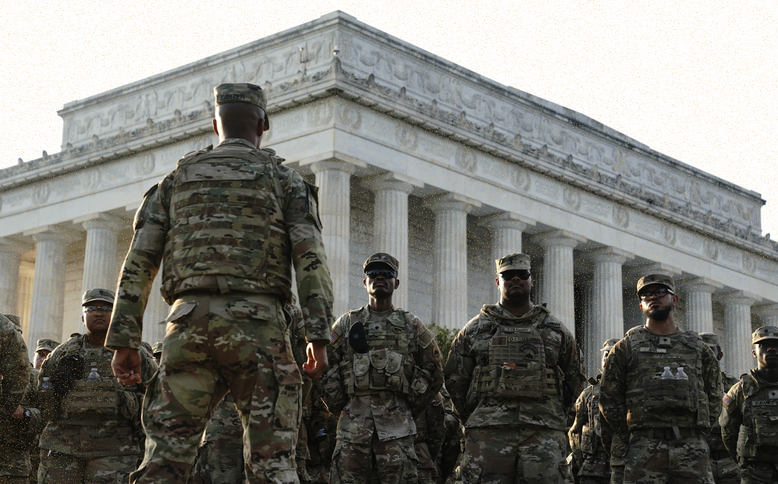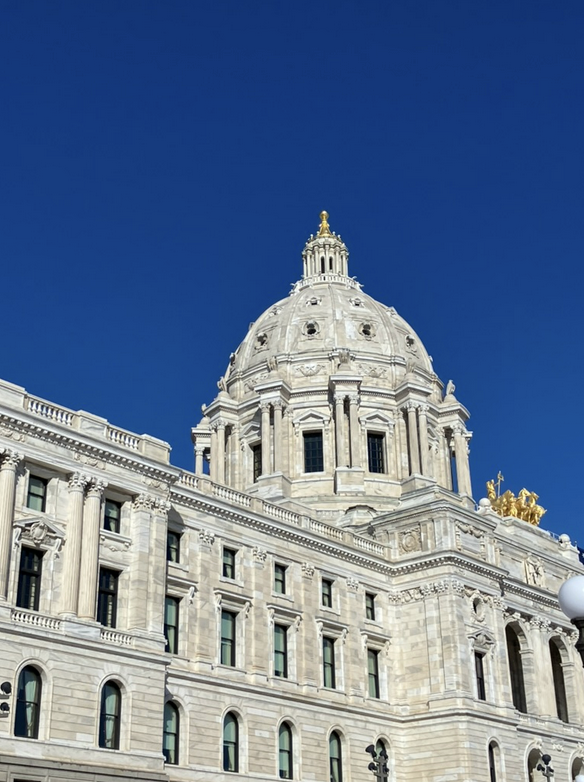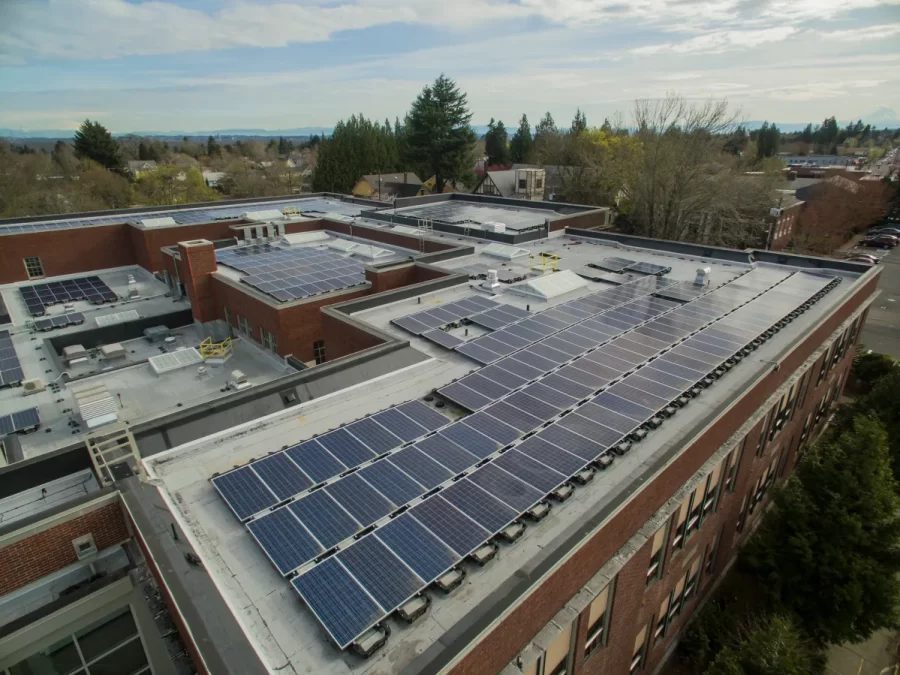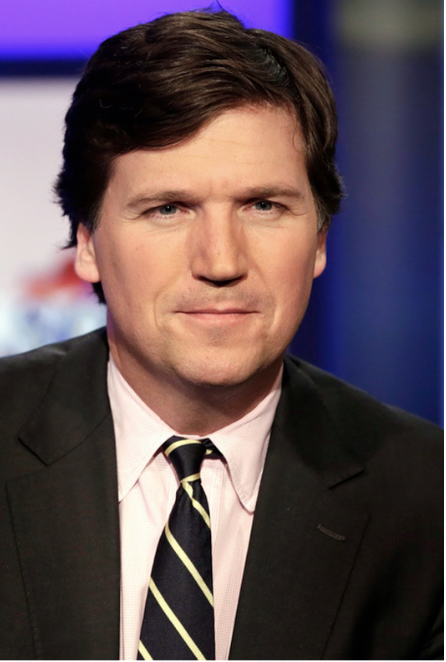Late Friday, January 24th, an email from the White House went out to a list of 12 inspectors general telling them each that on behalf of President Trump, their positions were “terminated, effective immediately,” citing “changing priorities.” This blatantly violated a post-Watergate law requiring presidents to provide Congress with 30 days’ notice and a substantive rationale before removing an inspector general.
The inspectors general are federal watchdogs of various governmental departments and agencies, a role that was created by Congress in 1978 as a part of a series of post-Watergate government reforms. They are meant to watch over their respective departments and uncover incompetence, wrongdoing, or abuse in the government when necessary. The precedent has been that inspectors general remain in place when new presidents take office, as non-partisan officials whose job it is to provide an internal means for ensuring that the executive branch is abiding by the law and avoiding corruption. According to Creighton University law professor Michael Kelly, firing these officials without lawful notice or rationale “lays the groundwork for taking over that government from within.” He added that “if the designated watchers aren’t watching—because they’ve been purged by the very abuse of power they were installed to prevent—then the way is open for more abuse and corruption to flow.”
On the other hand, South Carolina’s Republican Congresswoman Nancy Mace praised Trump for “shaking up and disrupting the Washington establishment machine.” She added that what she found during her four years in congress is that inspectors general “do more cover-up, than anything else.”
Trump’s decision clearly breaks a law enacted to achieve governmental checks and balances, which begs the question, what other laws will he be willing to break, and ultimately, what laws won’t he be willing to break? The firing of the inspectors general—exacerbated by the fact that Trump does not seem to intend to hire new ones—is a significant attempt to dismantle a check on his own federal power. If Trump is willing to break a law that has historically protected American democracy from abuse and corruption, it could initiate a dangerous cycle where laws are disregarded in favor of power, paving the way towards unchecked authority.




